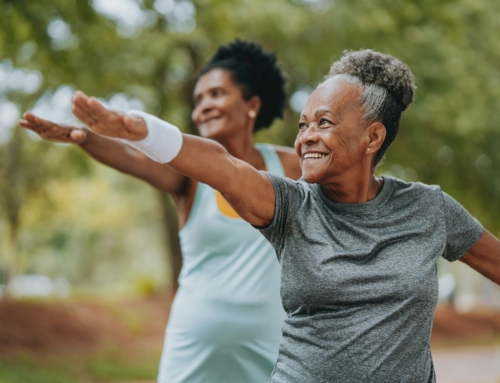Being considerate of the needs and desires of others is a core trait many are taught from childhood. Often, the need to be valued, heard, and feel respected is at the core of effective relationships with our loved ones. Usually, those individuals whom others label as being “good listeners” have learned the importance of active listening skills.

It may seem quite odd to think about what it means to use active listening skills to improve your relationships. Some of the steps that can be used to improve relationships with loved ones begin by recognizing there are a few key types of communication styles.
Three Types of Communication Styles
One part of continued connection through communication begins with increased awareness of these communication styles, namely: passive, assertive, and aggressive communication. Passive and aggressive communication are two extremes on the communication spectrum. Both point to a misunderstanding with expressing one’s own feelings that helps connect to others in communication.
Five Essential Skills for Good Communication
These five skills are essential to establishing the foundation for continued success and connection and improving your relationships:
1. Clearing an agenda from the conversation
2. Approaching with empathy
3. Acknowledging that both individuals have needs, wants, and desires
4. Choosing to view disagreements as opportunities for clarification not conflict
5. Recognizing that conversation begins with connection
 Often, acknowledging the need for utilizing these five active listening skills to improve your relationships helps to bring more clarity and connection into daily conversation. The essence of effective communication rests in feeling heard and valued by others. This is essential to ensuring that each individual has a role in contributing to the success of the relationship.
Often, acknowledging the need for utilizing these five active listening skills to improve your relationships helps to bring more clarity and connection into daily conversation. The essence of effective communication rests in feeling heard and valued by others. This is essential to ensuring that each individual has a role in contributing to the success of the relationship.
Overall, active listening skills are essential to helping improve your relationships because it helps to ensure clarity in communication, feelings of being respected and valued, and an awareness of the effort required to maintain healthy relationships. When these skills are used, the quality of relationships can be greatly improved.
“Sydney,” courtesy of Steven Coffey, unsplash.com, CC0 License; “Coffee Date,” courtesy of Christin Hume, unsplash.com, CC0 License










